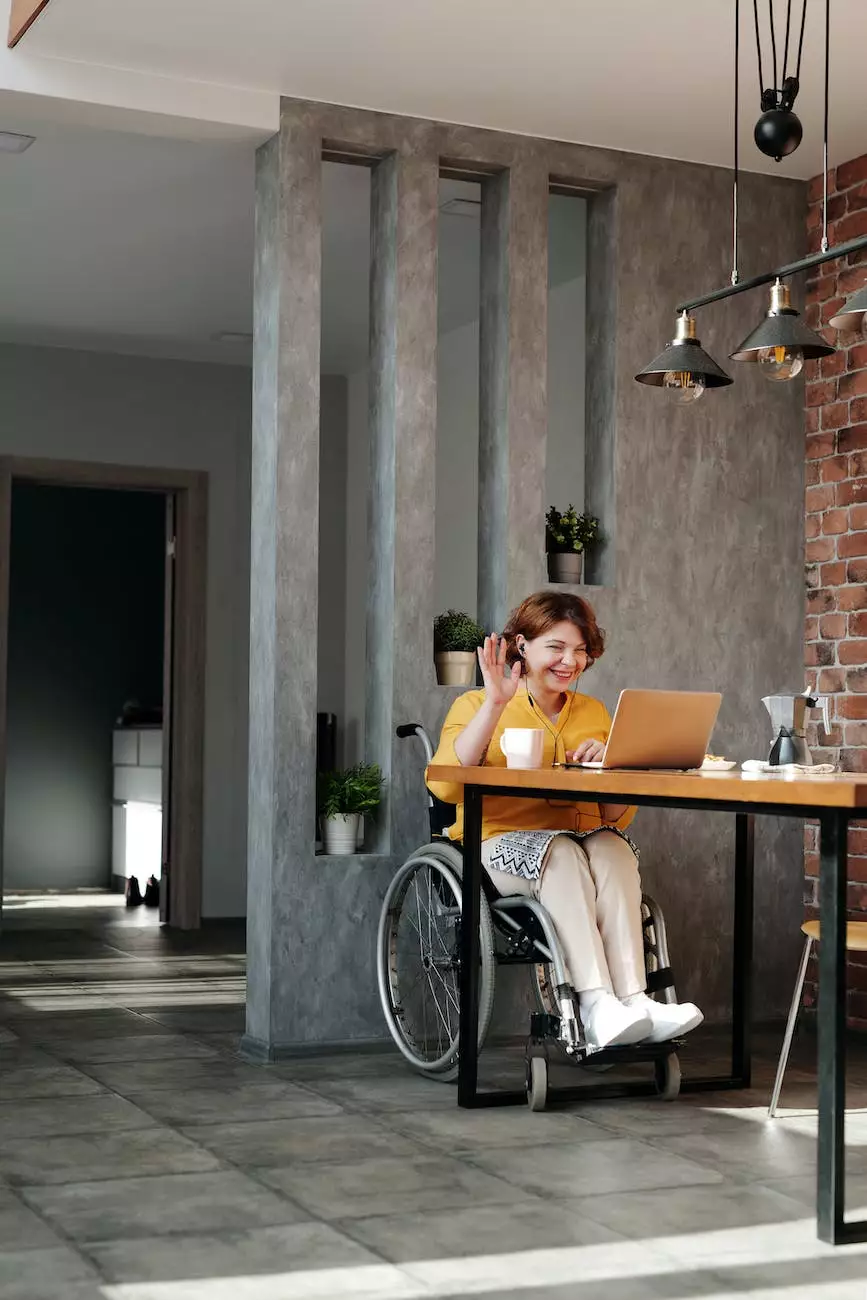Assistive Technology Devices for People with Disabilities
Assistive Technology
Introduction
Welcome to Tahoe Cre8ive, a leading provider of digital marketing services in the business and consumer services category. In this article, we explore various assistive technology devices that empower individuals with disabilities to lead more accessible lives. Our team at Tahoe Cre8ive is dedicated to improving digital accessibility and enhancing the user experience for all.
Understanding Assistive Technology
Assistive technology refers to devices, tools, software, and equipment designed to assist individuals with disabilities in performing tasks that might otherwise be challenging or impossible. It aims to promote independence, increase accessibility, and improve overall quality of life.
Assistive Technology for Vision Impairments
For individuals with vision impairments, assistive technology offers a wide range of solutions to enhance their daily lives. Screen readers, which are software applications, convert on-screen text into synthesized speech or braille output, allowing visually impaired users to navigate websites and documents effectively. Braille displays provide tactile feedback, enabling blind individuals to read and interact with digital content.
Assistive Technology for Hearing Impairments
People with hearing impairments can benefit greatly from assistive technology devices. Hearing aids amplify sound and enhance speech clarity, making it easier for individuals with hearing loss to communicate and engage in conversations. Cochlear implants are surgically implanted devices that stimulate the auditory nerve, allowing profound or severe hearing-impaired individuals to perceive sound.
Assistive Technology for Mobility Impairments
Mobility impairments can greatly impact an individual's ability to move and perform everyday activities. Assistive technology devices such as wheelchairs, mobility scooters, and specialized walkers can provide increased independence and freedom of movement. Additionally, home automation systems allow individuals to control various aspects of their environment, such as lighting and temperature, using voice commands or mobile applications.
Assistive Technology for Cognitive Impairments
Cognitive impairments can affect memory, attention, and problem-solving skills. Assistive technology devices can offer support for individuals with cognitive disabilities. Voice assistants, such as Amazon's Alexa or Apple's Siri, can help with reminders, scheduling, and general information access. Mobile apps designed specifically for cognitive support offer various features like visual schedules, task prompts, and interactive learning tools.
Assistive Technology for Communication Impairments
Communication impairments can make it challenging for individuals to express themselves effectively. Augmentative and alternative communication (AAC) devices, including speech-generating apps and specialized devices, help individuals with communication difficulties to express their thoughts, needs, and emotions. These devices utilize text-to-speech capabilities and customizable interfaces to facilitate communication effectively.
Conclusion
Tahoe Cre8ive is committed to promoting accessibility and inclusivity through our digital marketing services. We understand the importance of assistive technology devices in empowering individuals with disabilities. By integrating assistive technology into digital experiences, we strive to provide equal opportunities for all users. Contact Tahoe Cre8ive today to learn more about our comprehensive accessibility solutions and how we can assist your business in making a positive impact on people's lives.




